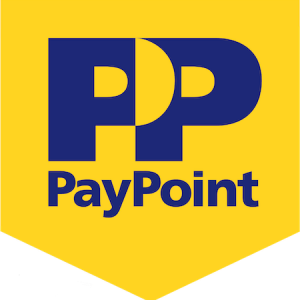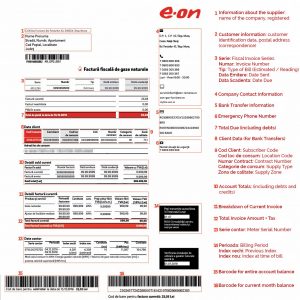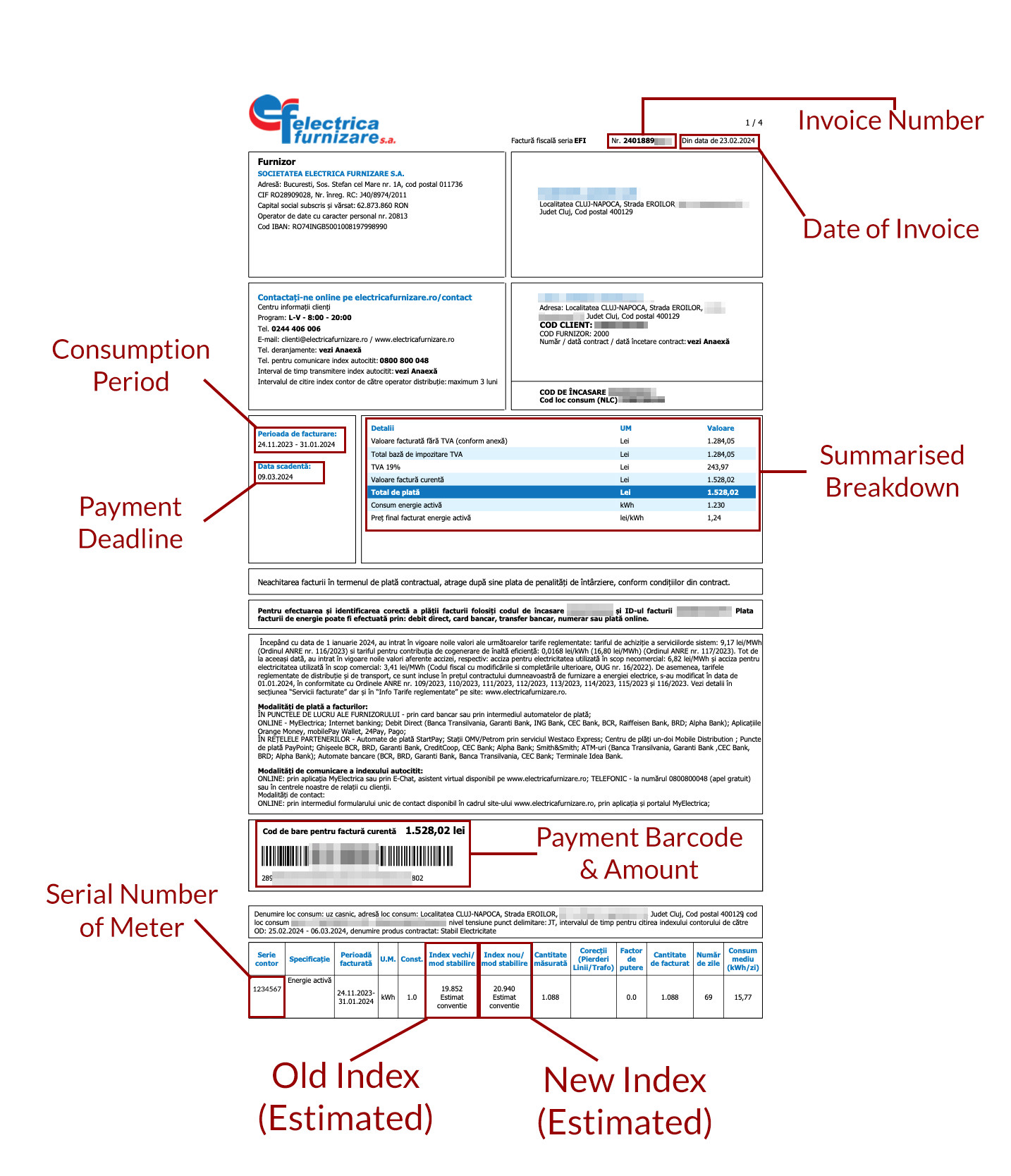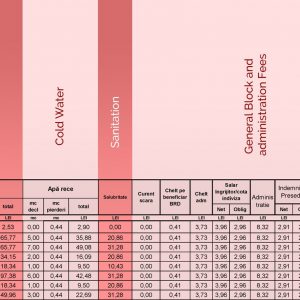Nobody enjoys having to pay their monthly expenses, but they are one of the things that we all have to deal with, whether a home owner or renting.
What can make things even more stressful, is not understanding how the billing works, or even worse, paying bills for something that you shouldn't be paying for.
This article is aimed at making this simple monthly task, a bit easier, by explaining to you how the most common bills in Romania look and understanding what you should and shouldn't be paying.
There are sometimes bills left remaining from previous tenants, it is not your responsibility to pay these expenses. For more information on that subject, you should check out the “Unpaid Bills” article.
What kind of bills should you expect?
When you move into a property, you will be expected to cover the costs of utilities. Utilities normally refer to, gas, electricity and water. For apartment blocks, there's normally also a common service charge for the maintenance of the block and cleaning fees. This is something called “cheltuieli”, and this article will explain more about that below.
There may be some extra monthly payments, such as for Internet Services to Television. The owner of the property should mention these to you, as you may be able to request the cancellation of services you do not require.
When do bills normally arrive?
Typically, bills will arrive on a monthly schedule, but this can differ for each service and may even differ depending on the area that you are living.
In some cases, bills are delivered every 3 months (quarterly). It's worth checking with the property owner, what the typical schedule of the bills are, so that you can budget accordingly.
Bills will normally have an issue date (data de eliberare) and a due date (data scadenta). You should ensure that the bills are paid before the due date, otherwise additional costs may be incurred on the next bill, or the service / utility could get cut off completely.
Types of Bills:
Below you can find examples of the Gas, Electricity and the Typical “Cheltuieli” for Block Expenses
How do I know if my bill is accurate?
It's always a good idea to check the bills for any irregularities. This is especially true, if you are renting a property and the bills are being estimated or the bill amount is simply requested by the owner without seeing a copy of the bill.
In Romania, the bill is often referred to as a “factura”. As a tenant of a property, you have every right to request a copy of the factura before you pay it. This may not be a problem if the bills are delivered directly to the mailbox of the property, but even then, it's still important to know what you are paying for.
Here's what to look out for:
What Kind of Bill is it?
For utilities, there are typically 3 kinds of bills. Estimate, regularisation and Self-Reading. In pretty much all cases, Self-Reading, or “autocitire” would be the most ideal situation, as you can pretty much always guarantee that what you're paying is what you've consumed. Here's an explanation of the kind of bills mentioned above:
Estimat = Estimated
These bills are calculated, based on what the utility provider is predeicting you will owe them for the past month. This is a common way to calculate utilities, as most people consume around the same amount of resources year-on-year when they have been living at a property for over a year or more. The supplier will simply take a look at what you used in the previous year during the same period, and estimate what your consumption will be for the current year, with a few variables. This, unfortunately has it's downsides, especially for new tenants.
If you have just moved into a property, it may be that the previous tenant used more or less of the supply, this can result in the supplier's calculation being incorrect, and resulting in a difference, which will need to be made up when the utility providers come and read the utility meters as a part of the “regularizare”, which happens every 3 months. This is even more important to take into consideration, if the property is new, or has been vacant for a long time.
Regularizare = Regularisation
This is where the utility provider has sent an member of their team to collect the most recent meter readings and balance the account. This happens every 3 months, and is a way to ensure that any estimated balances are corrected and that any credit or debt is adjusted accordingly. Some property owners opt to have the bills sent every 3 months, instead of monthly, however, this will of course mean that the quarterly payment will be higher than the average monthly bill.
It's not uncommon to find that the bill generated as a result of the regularisation are either more expensive in winter than the normal bill, or cheaper than expected in summer. This is because the process of estimating the bill, is not a perfect system, especially when there is unseaonable weather which can influence the use of utilities.
Autocitire = Self-Reading
This is where the tenant of the property, submits their readings directly to the supplier, or in some cases, to the property owner, who then inputs that information to the supplier. This is normally the most accurate way to record your bills. It offers the tenant away to track their spending, as well as an easy way to compare the consumption to previous months or to what's printed on the bill.
The supplier will normally have a website, on which you can enter the billing information for the property and the monthly reading from the meter. However, this account is normally created and managed by the property owner. It's a free service, and does not cost anything to use. In instances where the supplier does not have an electronic platform for submitting the index, they normally have a phone number in addition to or instead of that service.
How and Where to pay bills?
There are a number of different ways that your bills can get paid each month. In some cases, the property owners will simply request them as a part of the rent. If the owner asks you to pay your bills, make sure that you request a copy of it to either be sent to you in a message or view it in person. This will allow you to study the details and help you understand what you're paying for.
If the bill is sent directly to your property, then you have the responsibility to ensure that the bill is paid on time and in full. If the bill is not paid in full or on time, then the utility may get disconnected, and there's normally a fee to re-connect the supply.
Bills can be paid both online and in person, at various locations. For instance, if you have online banking with a Romanian bank account, then most banks have a bill paying service, where you simply select the supplier, enter the bill information and pay it from your account directly.
There are also mobile apps, such as “Pago” [App Store | Google Play Store], on which you can simply add your card information and scan / enter the utility bill info to pay.
If you prefer to pay the bill in-person, then most banks have special machines which are designed to scan and pay bills. Payment of bills can also be made at most stores which display a “PayPoint” logo.







